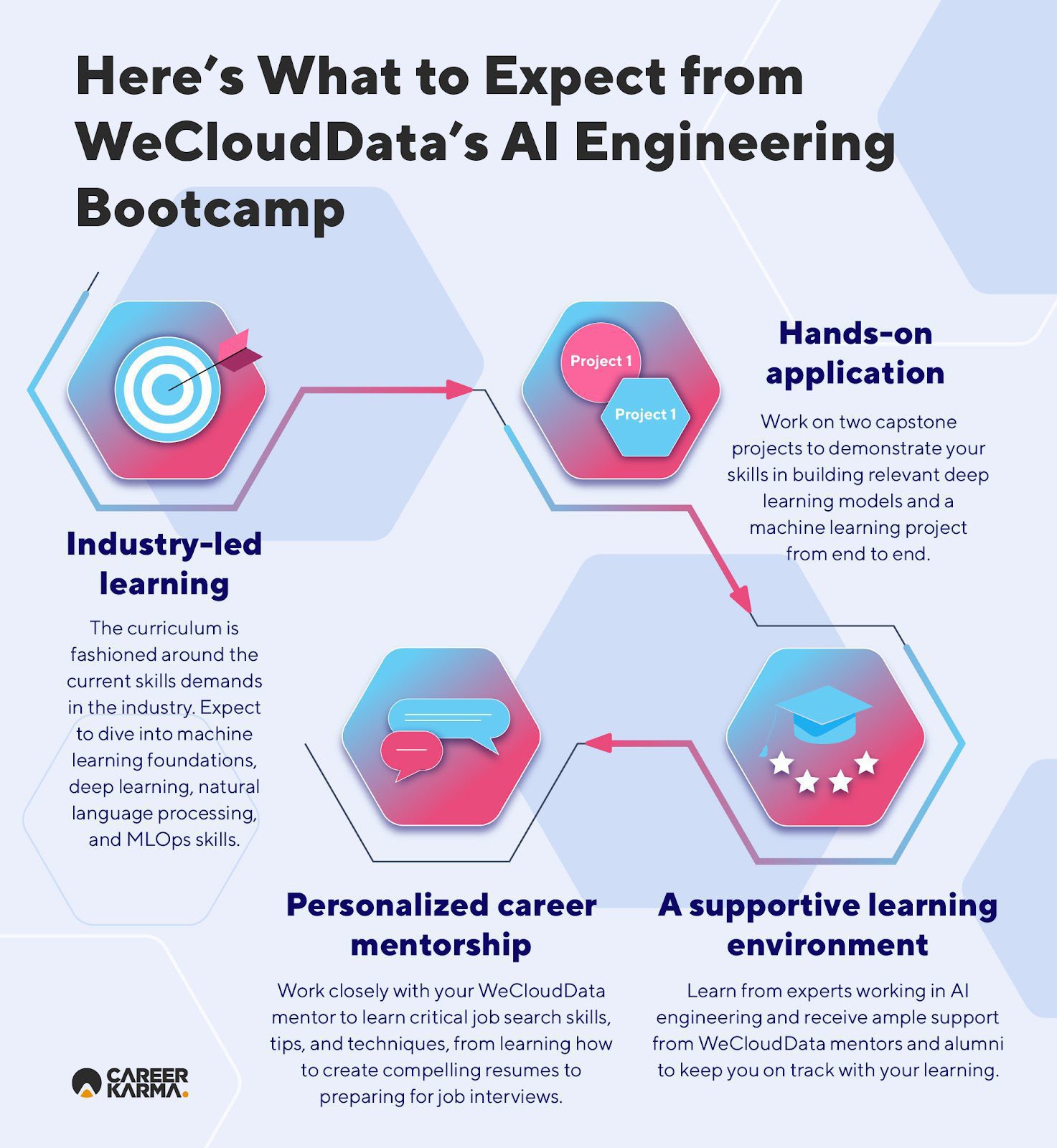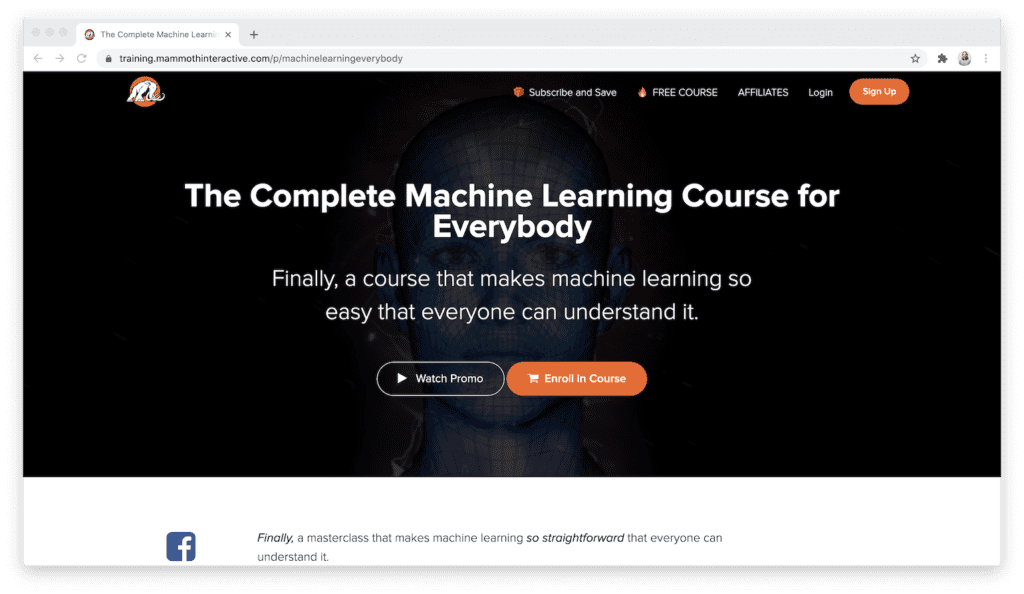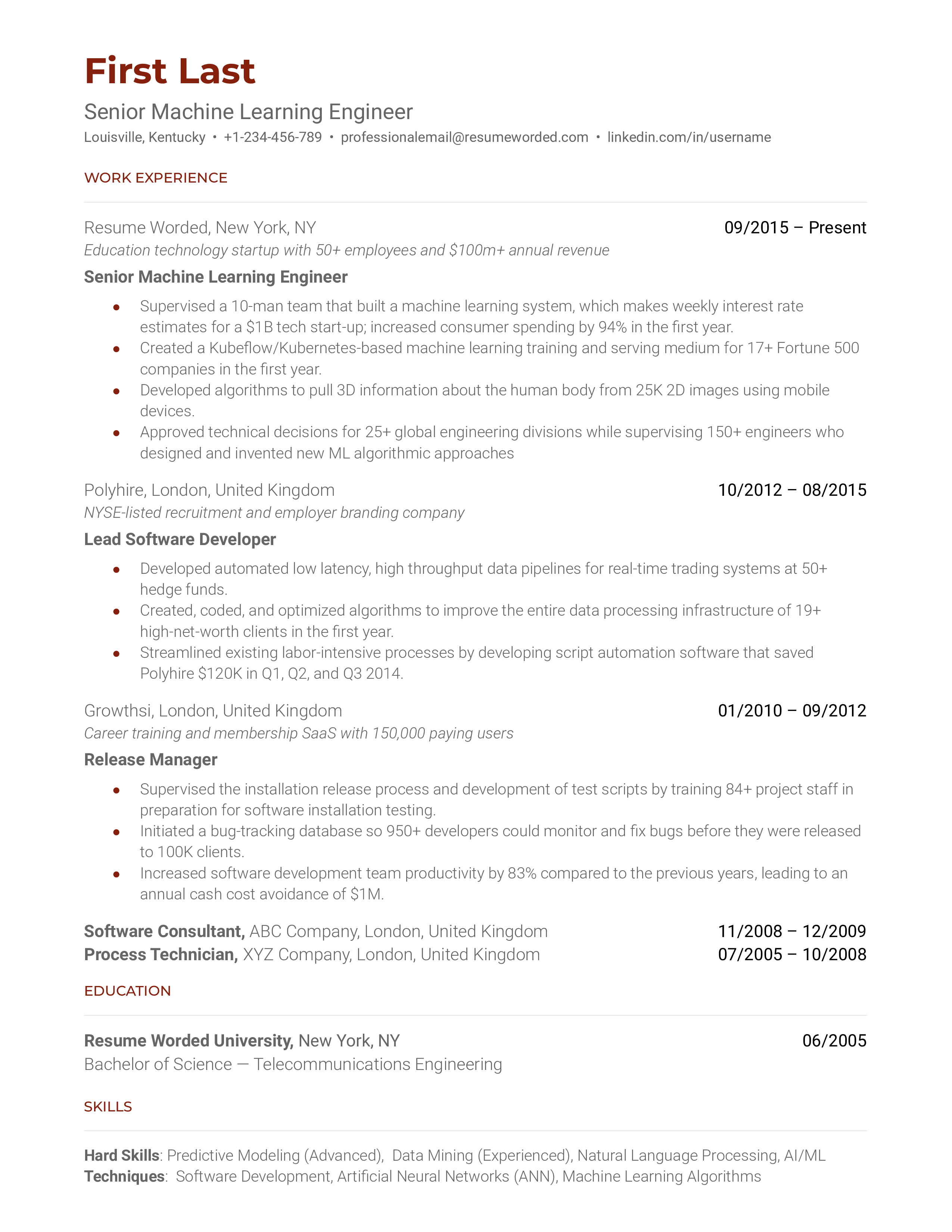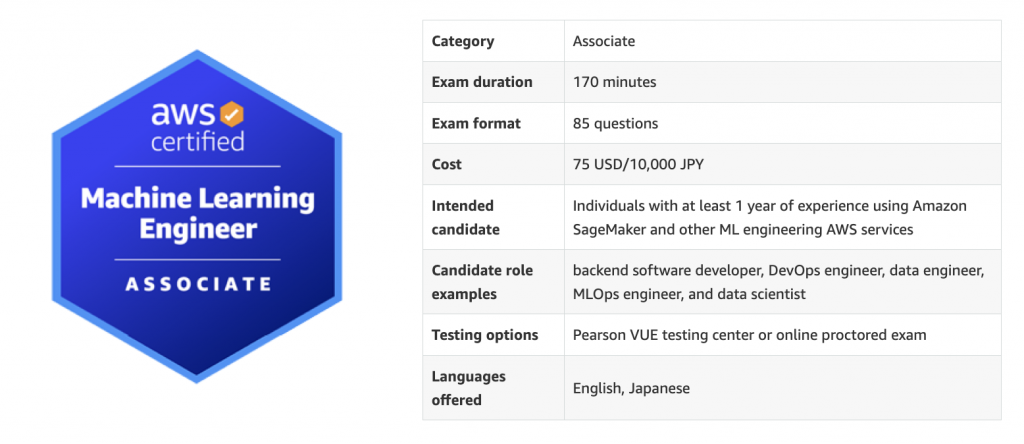All Categories
Featured
Table of Contents
- – The smart Trick of How To Become A Machine Lea...
- – A Biased View of Machine Learning For Developers
- – Machine Learning Engineers:requirements - Vau...
- – Some Known Facts About How To Become A Machin...
- – The Only Guide to Online Machine Learning En...
- – The smart Trick of Software Engineering In T...
My PhD was one of the most exhilirating and exhausting time of my life. Instantly I was surrounded by people that could address difficult physics questions, understood quantum auto mechanics, and might come up with interesting experiments that obtained published in leading journals. I felt like a charlatan the entire time. I fell in with an excellent group that urged me to check out things at my very own pace, and I spent the next 7 years finding out a heap of points, the capstone of which was understanding/converting a molecular dynamics loss function (including those shateringly learned analytic derivatives) from FORTRAN to C++, and composing a slope descent routine straight out of Numerical Dishes.

I did a 3 year postdoc with little to no equipment discovering, simply domain-specific biology things that I really did not locate interesting, and finally took care of to get a work as a computer scientist at a national lab. It was a great pivot- I was a concept private investigator, suggesting I might look for my very own grants, write papers, etc, however really did not need to teach classes.
The smart Trick of How To Become A Machine Learning Engineer - Exponent That Nobody is Discussing
I still didn't "obtain" device learning and desired to work someplace that did ML. I attempted to obtain a work as a SWE at google- went with the ringer of all the hard questions, and eventually got declined at the last action (many thanks, Larry Page) and went to work for a biotech for a year prior to I ultimately procured hired at Google during the "post-IPO, Google-classic" era, around 2007.
When I reached Google I quickly looked with all the tasks doing ML and discovered that than ads, there truly wasn't a whole lot. There was rephil, and SETI, and SmartASS, none of which appeared even from another location like the ML I wanted (deep neural networks). So I went and focused on other things- learning the distributed innovation beneath Borg and Titan, and grasping the google3 stack and production atmospheres, generally from an SRE viewpoint.

All that time I would certainly invested on equipment discovering and computer system infrastructure ... mosted likely to writing systems that packed 80GB hash tables into memory so a mapmaker could compute a little part of some slope for some variable. However sibyl was actually a horrible system and I got started the group for informing the leader properly to do DL was deep semantic networks over performance computing hardware, not mapreduce on low-cost linux cluster devices.
We had the data, the algorithms, and the calculate, simultaneously. And also better, you didn't need to be inside google to make use of it (other than the big data, which was changing quickly). I comprehend enough of the math, and the infra to finally be an ML Designer.
They are under extreme stress to obtain outcomes a couple of percent better than their collaborators, and after that when released, pivot to the next-next point. Thats when I thought of one of my laws: "The greatest ML versions are distilled from postdoc rips". I saw a few individuals break down and leave the sector completely just from dealing with super-stressful projects where they did terrific work, but only got to parity with a competitor.
Imposter syndrome drove me to conquer my charlatan syndrome, and in doing so, along the method, I discovered what I was going after was not really what made me pleased. I'm much more completely satisfied puttering about making use of 5-year-old ML technology like item detectors to enhance my microscope's capacity to track tardigrades, than I am attempting to become a famous scientist who unblocked the hard problems of biology.
A Biased View of Machine Learning For Developers

I was interested in Device Discovering and AI in college, I never ever had the chance or persistence to pursue that enthusiasm. Currently, when the ML field grew greatly in 2023, with the latest developments in big language designs, I have an awful wishing for the road not taken.
Partially this crazy concept was likewise partly motivated by Scott Young's ted talk video clip entitled:. Scott speaks about exactly how he finished a computer system science level simply by complying with MIT educational programs and self examining. After. which he was also able to land an access level position. I Googled around for self-taught ML Designers.
At this factor, I am not certain whether it is possible to be a self-taught ML engineer. I prepare on taking courses from open-source programs available online, such as MIT Open Courseware and Coursera.
Machine Learning Engineers:requirements - Vault Things To Know Before You Buy
To be clear, my goal here is not to build the next groundbreaking design. I just want to see if I can obtain a meeting for a junior-level Artificial intelligence or Data Engineering task after this experiment. This is purely an experiment and I am not attempting to change right into a duty in ML.

One more disclaimer: I am not starting from scrape. I have solid history understanding of solitary and multivariable calculus, linear algebra, and data, as I took these training courses in college concerning a years ago.
Some Known Facts About How To Become A Machine Learning Engineer (With Skills).
I am going to concentrate mostly on Device Understanding, Deep learning, and Transformer Design. The goal is to speed up run with these initial 3 programs and obtain a solid understanding of the basics.
Since you've seen the training course referrals, below's a fast guide for your discovering machine discovering trip. Initially, we'll touch on the prerequisites for a lot of machine finding out courses. Extra innovative courses will certainly call for the following knowledge before beginning: Direct AlgebraProbabilityCalculusProgrammingThese are the basic components of having the ability to understand exactly how machine learning works under the hood.
The very first training course in this checklist, Machine Understanding by Andrew Ng, has refreshers on the majority of the math you'll require, however it could be challenging to find out maker knowing and Linear Algebra if you have not taken Linear Algebra prior to at the exact same time. If you need to review the mathematics required, take a look at: I would certainly recommend finding out Python given that the majority of great ML courses make use of Python.
The Only Guide to Online Machine Learning Engineering & Ai Bootcamp
Additionally, one more excellent Python source is , which has lots of totally free Python lessons in their interactive internet browser setting. After discovering the requirement fundamentals, you can begin to actually comprehend just how the formulas work. There's a base set of formulas in maker learning that everybody ought to be acquainted with and have experience using.

The programs provided over contain basically all of these with some variation. Recognizing just how these methods job and when to use them will be important when handling brand-new jobs. After the fundamentals, some advanced methods to learn would be: EnsemblesBoostingNeural Networks and Deep LearningThis is simply a start, however these formulas are what you see in some of one of the most fascinating maker learning services, and they're sensible enhancements to your tool kit.
Understanding machine discovering online is tough and exceptionally fulfilling. It is necessary to keep in mind that simply seeing video clips and taking quizzes does not indicate you're really finding out the material. You'll learn much more if you have a side job you're dealing with that makes use of various data and has other goals than the course itself.
Google Scholar is constantly a great area to start. Enter keyword phrases like "artificial intelligence" and "Twitter", or whatever else you have an interest in, and hit the little "Produce Alert" web link on the left to obtain emails. Make it an once a week habit to check out those alerts, scan through papers to see if their worth reading, and after that devote to recognizing what's taking place.
The smart Trick of Software Engineering In The Age Of Ai That Nobody is Talking About
Machine discovering is unbelievably pleasurable and interesting to discover and experiment with, and I wish you located a program above that fits your very own journey into this exciting field. Maker learning makes up one component of Information Science.
Table of Contents
- – The smart Trick of How To Become A Machine Lea...
- – A Biased View of Machine Learning For Developers
- – Machine Learning Engineers:requirements - Vau...
- – Some Known Facts About How To Become A Machin...
- – The Only Guide to Online Machine Learning En...
- – The smart Trick of Software Engineering In T...
Latest Posts
Data Science Vs. Software Engineering Interviews – What’s The Difference?
Most Common Data Science Interview Questions & How To Answer Them
A Comprehensive Guide To Preparing For A Software Engineering Interview
More
Latest Posts
Data Science Vs. Software Engineering Interviews – What’s The Difference?
Most Common Data Science Interview Questions & How To Answer Them
A Comprehensive Guide To Preparing For A Software Engineering Interview